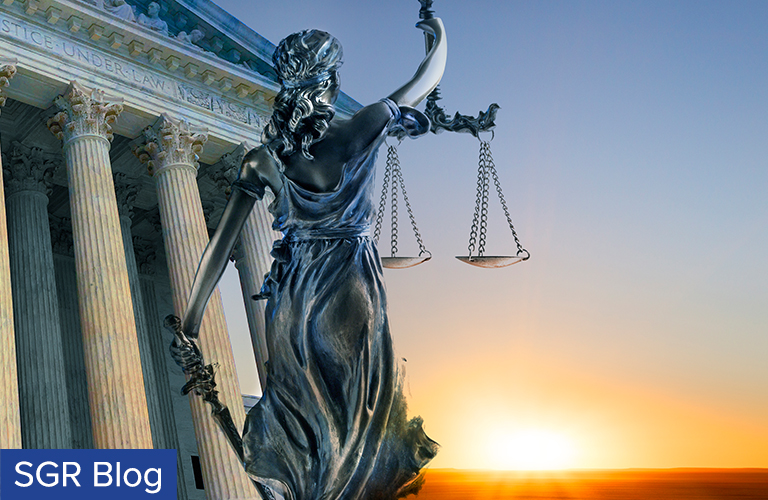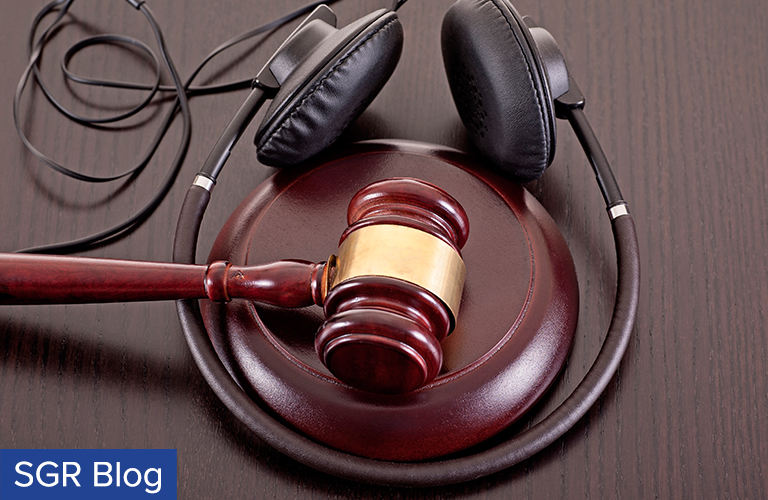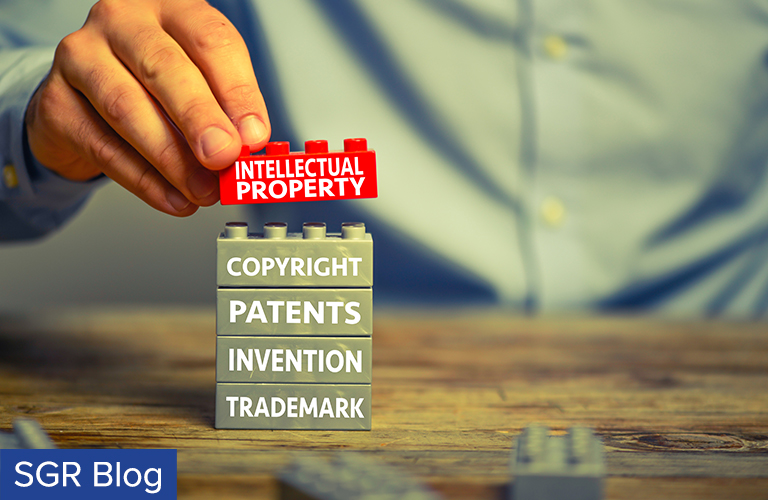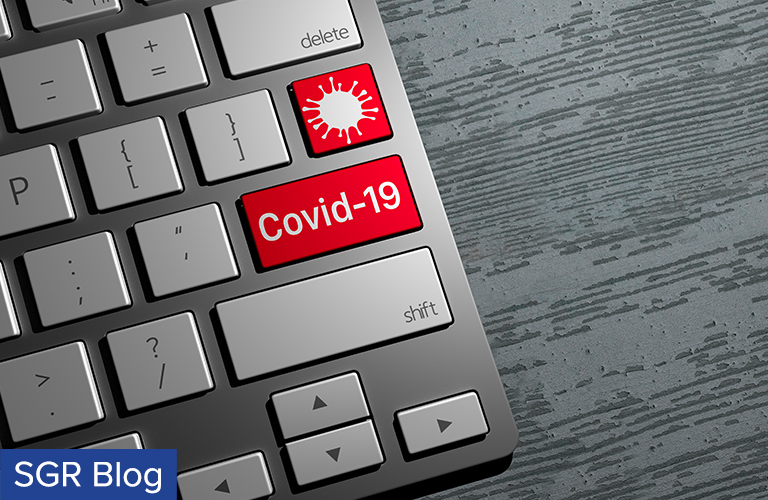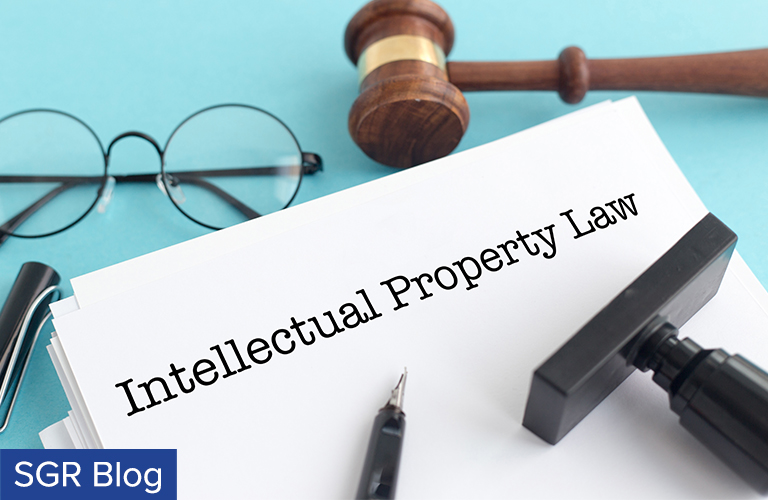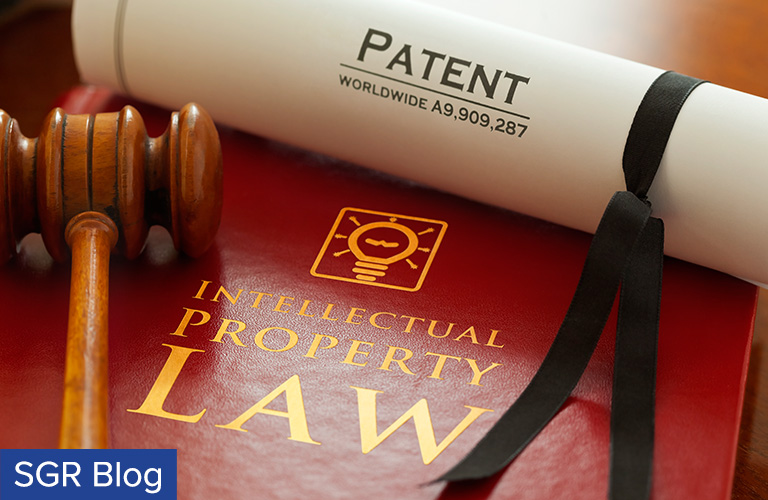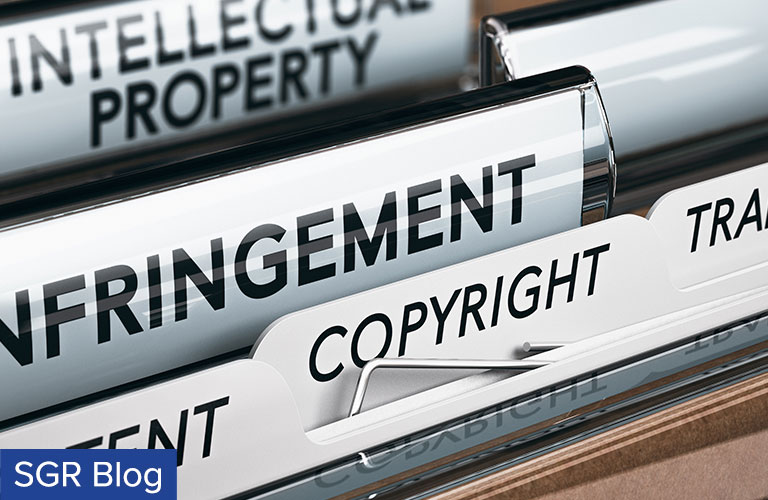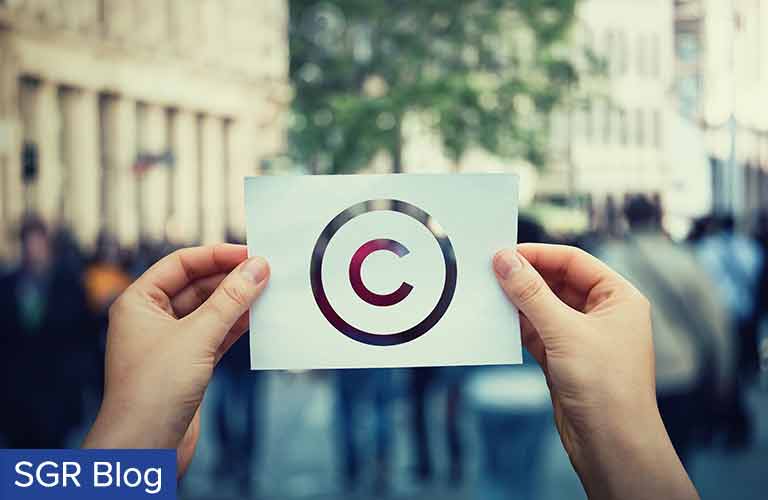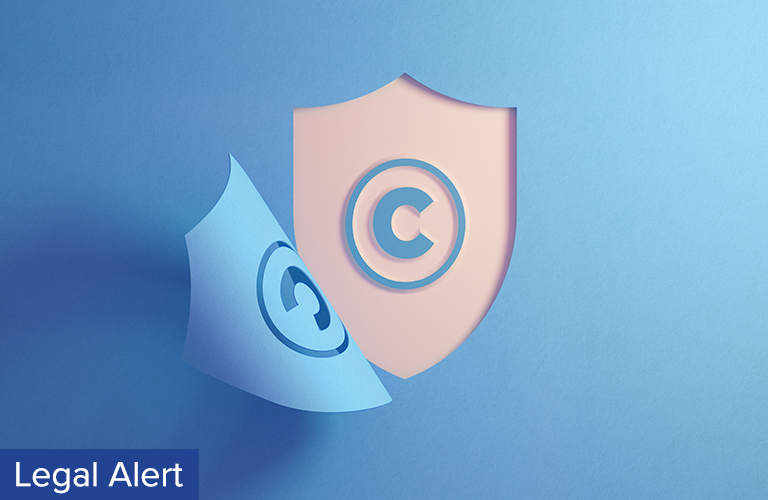
On April 27, 2020, the Supreme Court held in a 5-4 split decision that explanatory legal materials created by a legislative body cannot be protected by copyright. The background facts of this case are discussed in the January 29, 2020 article Can the State of Georgia Own a Copyright in its Official Code? by Elizabeth Borland. In Georgia v. Public.Resource,Org, Inc., Case No. 18-1150 (April 27, 2020), Chief Justice Roberts delivered the opinion for the Court and was joined by Justices Kagan, Sotomayor, Gorsuch and Kavanaugh to form an unusual majority. The Court first determined that the case was controlled… Read more


